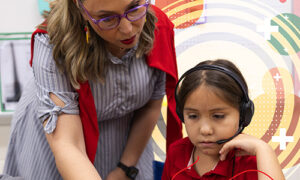
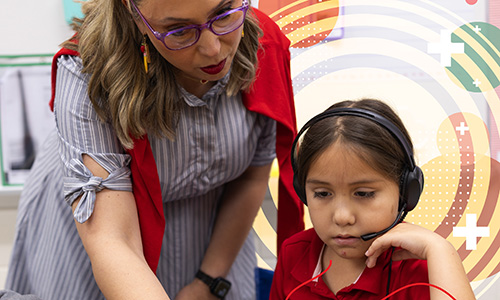
Brochure
MAP Reading Fluency Professional Learning Overview
Turn learning evidence into instructional action
Activate MAP® Reading Fluency™ with professional learning around using your assessment data to gain a more holistic view of early readers’ abilities and how to target instruction that is just right for each student and track learning progress.
Topics: Assessment, Early learning, Instructional strategies, Literacy, Professional learning
Products: MAP Reading Fluency, Professional Learning
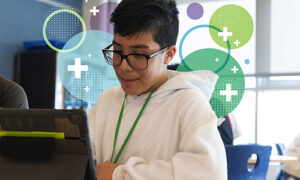
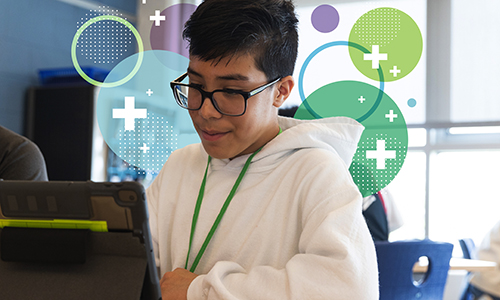
Brochure
MAP Growth Professional Learning Overview
Turn learning evidence into instructional action
Activate MAP® Growth™ with professional learning experiences that build basic product-use capacity, hone assessment literacy, improve goal setting and responsive instructional planning, and build deeper data competency.
Topics: Assessment, Instructional strategies, Literacy, Math, Professional learning
Products: MAP Growth, Professional Learning


Fact Sheet
NWEA® continually refines the methodologies used to generate our norms so they remain statistically rigorous as well as accurate and relevant. This 2025 update is essential to account for changes in US student demographics, postpandemic shifts in student performance, and the item-selection algorithm in the newly enhanced version of MAP® Growth™.
Topics: Education research, Insights & reports
Products: MAP Growth


Fact Sheet
Top 5 Features of MAP Growth Norms
MAP® Growth™ norms are among the most robust and trusted in K–12 education, thanks to the rigor, transparency, and scale behind their development. Here are five research-driven benefits to remember.
Topics: Insights & reports
Products: MAP Growth


Fact Sheet
MAP® Growth™ norms are one of our most critical assets in helping partners make sense of student performance and progress. They offer a national frame of reference that allows educators to answer these frequently asked key questions.
Topics: Education research, Insights & reports
Products: MAP Growth


Brochure
NWEA Leadership Services – Center for Model Schools
Discover how the Center for Model Schools, in partnership with NWEA, empowers school leaders with data-driven strategies and the 5Essentials® Framework to drive sustainable school improvement.
Topics: Leadership, Professional learning
Products: Professional Learning

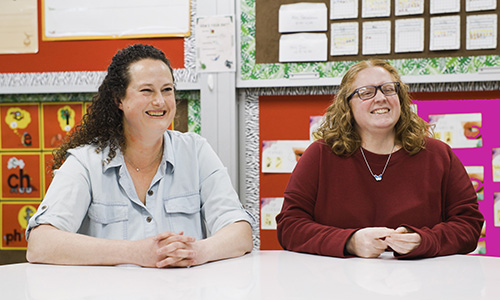
Video
Teacher Perspectives: Making MAP Growth Work Harder for You
Teacher-Tested Strategies: This video brings you inside real classrooms where MAP Growth is working smarter — not harder — for teachers and students. Hear directly from reading and math specialists in Greensburg Salem School District, Pennsylvania as they share strategies to prepare students, use reports effectively, and celebrate growth — especially for striving learners who use Read 180 and Math 180 for intervention. Whether you’re a district leader, coach, or classroom teacher, these proven practices will help you get more from every MAP Growth test.
Topics: Assessment, Early learning, Literacy, Math
Products: MAP Growth